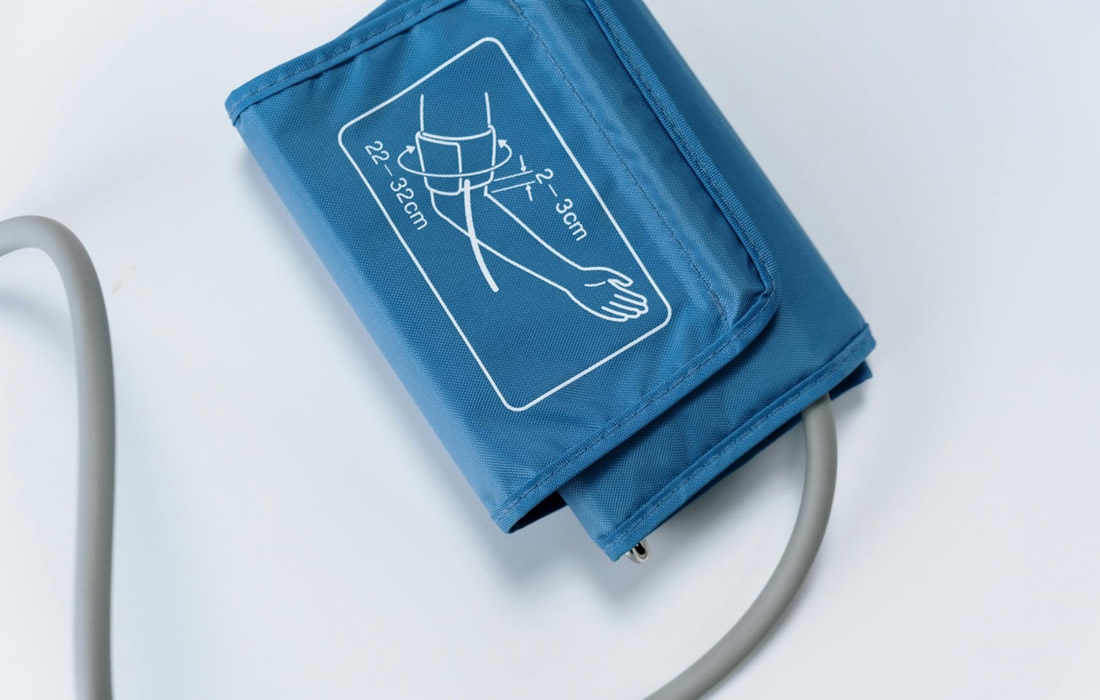Regenerative Medicine News and General Information
Arterial Stiffness May Be a Better Predictor of Future Type 2 Diabetes Risk
Arterial stiffness was a better predictor of future risk of Type 2 diabetes than blood pressure, and people with a combination of high blood pressure and stiffer arteries had the highest risk of developing diabetes, according to new research.
Previous studies have found that hypertension, or high blood pressure, is a risk factor for Type 2 diabetes. Arterial stiffness, a common finding in people with high blood pressure, is also associated with insulin resistance and Type 2 diabetes.
“Since people with either hypertension or arterial stiffness tend to have a higher risk of developing Type 2 diabetes, we investigated which of these factors may be more effective in predicting an individual’s future risk of Type 2 diabetes,” Wang said.
Researchers examined health data from 11,156 participants of the Kailuan study, an ongoing, prospective study of more than 100,000 adults aged 18 to 98 years in Tangshan, China. The study began in 2006 and tracks adults at 11 hospitals in the Kailuan community. Resting blood pressure measurements and fasting blood samples were taken every two years, and measurements of artery wall stiffness were added in 2010. Artery wall stiffness was calculated by using brachial-ankle pulse wave velocity, a standard technique that uses a blood pressure cuff placed on a participant’s arm and ankle to measure the rate at which pressure waves move down the blood vessels.
In this study, participants were defined as having hypertension if their resting blood pressure was 140 mm Hg/90 mm Hg or greater, which is in line with both the 2018 Chinese Guidelines for Prevention and Treatment of Hypertension and the International Society of Hypertension’s 2020 guidelines. The American Heart Association’s 2017 guideline considers people with blood pressure of 130 mm Hg/80 mm Hg or higher to have hypertension.
The researchers defined patients as having Type 2 diabetes based on either measuring a fasting blood sugar level of ≥7.0 mmol/L,, or they self-reported a physician diagnosis reported taking antidiabetic medications.
The analysis found that:
- In comparison to the group with ideal vascular function, study participants with elevated arterial stiffness combined with high blood pressure had the highest risk of developing Type 2 diabetes.
- Individuals with normal blood pressure and stiffer arteries also had an increased risk of Type 2 diabetes as compared to the group with ideal vascular function.
- Participants with high blood pressure and normal arterial stiffness had the lowest risk of Type 2 diabetes.
“We were surprised to find that people with increased arterial stiffness were more likely to develop Type 2 diabetes, whether they had high blood pressure or not,” Wang said. “These results provide strong evidence that measuring arterial stiffness may be a better predictor than blood pressure in determining an individual’s future risk of Type 2 diabetes.”
Sources:
American Heart Association. “Artery stiffness may predict Type 2 diabetes risk better than BP and standard risk factors.” ScienceDaily. ScienceDaily, 16 May 2022. <www.sciencedaily.com/releases/2022/05/220516081712.htm>
Materials provided by American Heart Association. Note: Content may be edited for style and length.
Images from:
Photo by cottonbro studio
https://www.pexels.com/photo/a-sphygmomanometer-on-white-surface-5721676/

